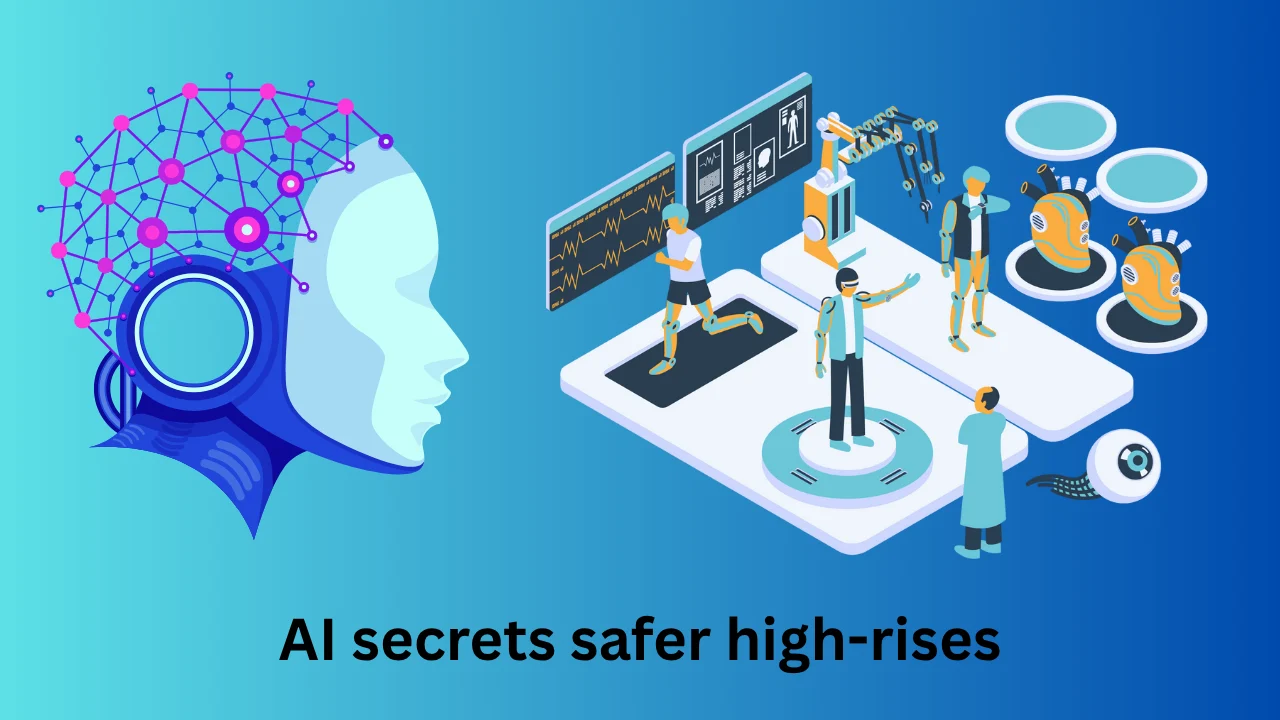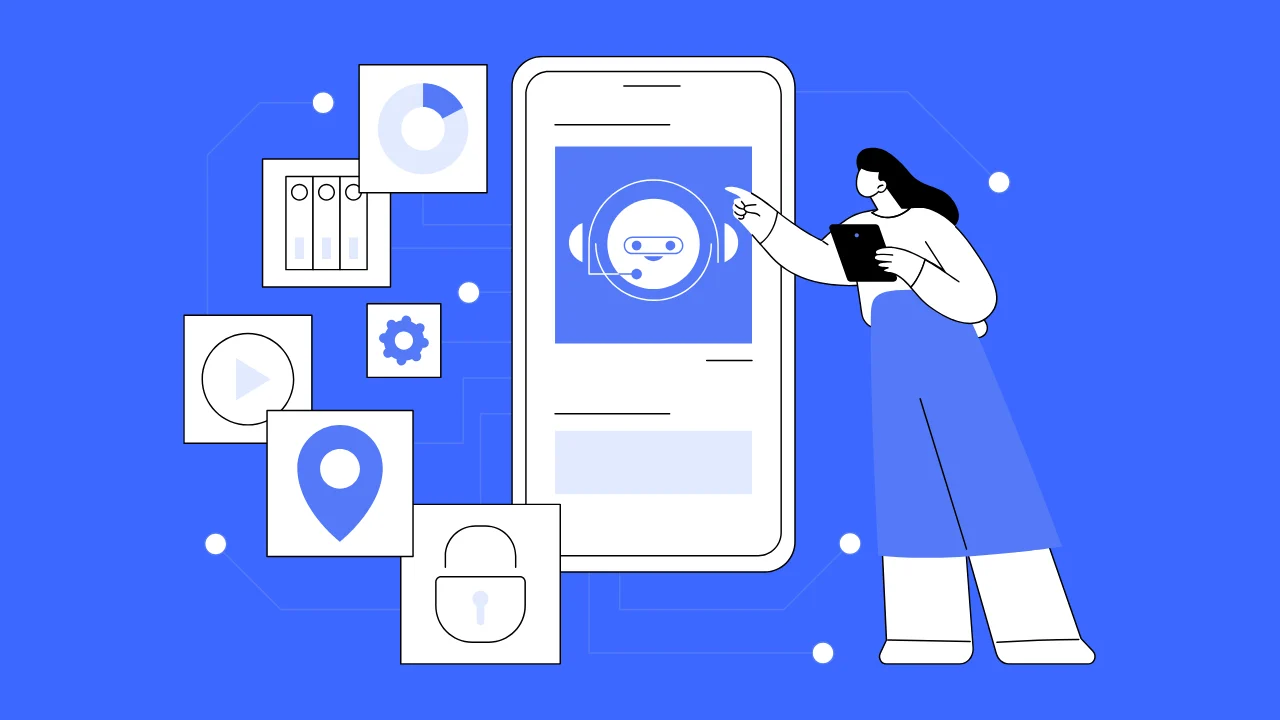In today’s fast-paced software development landscape, maintaining high code quality is more critical than ever. As projects scale and deadlines tighten, developers are turning to Artificial Intelligence (AI) to streamline processes and elevate standards. AI for code quality improvement is transforming how we write, debug, and optimize software, offering surprising benefits that go beyond traditional methods. In this article, we’ll uncover four eye-opening facts about how AI enhances code quality, exploring its mechanisms, real-world applications, challenges, and future potential—all while highlighting the power of code optimization tools.
The Rise of AI in Software Development
AI has become a game-changer in software engineering, automating repetitive tasks and providing intelligent insights. From startups to tech giants, the adoption of AI for code quality improvement is on the rise, driven by its ability to analyze vast codebases and deliver actionable recommendations.
Why Code Quality Is Non-Negotiable
Quality code ensures software is reliable, maintainable, and efficient. Poorly written code can lead to costly bugs, security breaches, and sluggish performance. With AI stepping in, developers can tackle these issues proactively, making code quality a competitive advantage.
How AI Boosts Code Quality
AI’s impact on code quality is profound, offering innovative solutions that traditional tools can’t match. Here are four key ways it shines.
Automated Code Reviews
AI-Powered Static Analysis
Static analysis examines code without running it, and AI takes this to the next level. By learning from historical data, AI identifies subtle issues like code smells or style violations that might slip past manual reviews.
Dynamic Analysis with Machine Learning
Dynamic analysis tracks code behavior during execution. AI enhances this by using machine learning to pinpoint runtime errors, such as memory leaks, ensuring smoother performance.
Smart Bug Detection
Predictive Bug Spotting
AI doesn’t just find bugs—it predicts them. By analyzing past commits and bug patterns, it flags high-risk areas, letting developers fix issues before they escalate.
Contextual Fixes
When AI detects a bug, it explains the “why” behind it, offering tailored fixes. This educates developers and reduces recurrence, making it a standout feature of AI for code quality improvement.
Performance Optimization
AI-Driven Profiling
Profiling reveals how code performs, and AI supercharges it by suggesting optimizations—like swapping out inefficient loops—based on real-time data.
Automated Refactoring
Refactoring improves code structure, and AI automates this by recommending cleaner, more efficient alternatives. It’s like having a virtual co-developer with an eye for perfection.
Security Enhancement
Vulnerability Pattern Detection
AI excels at spotting security flaws by recognizing patterns from known exploits, helping developers patch vulnerabilities early.
Real-Time Threat Monitoring
Beyond static checks, AI monitors live code execution, catching threats as they emerge—a critical edge in today’s cybersecurity landscape.
How AI for Code Quality Improvement Works

AI’s magic lies in its underlying technologies. Let’s break it down.
Machine Learning at Play
Supervised Learning for Patterns
Supervised learning trains AI on labeled datasets to recognize good and bad code practices, refining its accuracy over time.
Unsupervised Anomaly Detection
Unsupervised learning finds oddities in code without prior examples, making it ideal for catching unexpected bugs or vulnerabilities.
Natural Language Processing (NLP)
Decoding Comments
NLP interprets code comments and documentation, ensuring they align with the codebase for better maintainability.
Smart Code Suggestions
Using NLP, AI generates code from plain English prompts, streamlining development with code optimization tools.
Deep Learning Innovations
Code Completion
Deep learning powers tools like GitHub Copilot, predicting and writing code snippets with remarkable precision.
Learning from Big Data
By studying massive code repositories, deep learning models adopt best practices, enhancing overall quality.
Challenges of AI in Code Quality
AI isn’t flawless. Here’s where it stumbles.
Data Dependency
AI thrives on quality data. Poor or biased datasets can skew its outputs, leading to unreliable suggestions.
Trust Issues
Complex AI models can feel like black boxes, making developers hesitant to rely on them fully without clear explanations.
Workflow Integration
Adopting AI tools often requires retooling workflows, which can be time-consuming and costly upfront.
Pros and Cons of AI for Code Quality Improvement
Advantages
Efficiency Gains
AI slashes time spent on reviews and debugging, freeing developers for creative tasks.
Consistency
Unlike humans, AI delivers uniform reviews, eliminating variability.
Scalability
AI handles growing codebases effortlessly, perfect for large-scale projects.
Disadvantages
Over-Reliance Risk
Leaning too much on AI might dull developers’ critical thinking skills.
Setup Costs
Initial investments in AI tools and training can be steep.
Missing Human Touch
AI lacks the nuanced judgment humans bring to unique project needs.
Real-World Impact
Tech Firm Success
A mid-sized tech company cut bug rates by 25% using AI-driven code reviews, boosting client satisfaction.
Open-Source Wins
An open-source library improved load times by 15% with AI profiling, thanks to code optimization tools.
Freelancer’s Take
A solo developer halved project timelines with AI code completion, praising its quality boosts but stressing the need for oversight.
“AI tools have halved my debugging time, letting me focus on building features.” — Jane Doe, Software Engineer
AI for Code Quality Improvement: Tools Comparison
| Tool | Key Feature | Free Tier | Best For |
|---|---|---|---|
| DeepCode | Vulnerability Detection | Yes | Security-Focused Teams |
| Codacy | Automated Reviews | Limited | Small to Medium Projects |
| GitHub Copilot | Code Completion | No | Solo Developers |
| SonarQube | Static Analysis | Yes | Enterprise Teams |
The Future of Code Quality
Emerging Trends
AI is evolving to offer real-time coding feedback and deeper integrations with IDEs.
What’s Next
Imagine AI autonomously writing entire modules—science fiction today, reality tomorrow.
Ethical Questions
As AI grows, addressing bias and job impacts will be key to its responsible use.
Looking Ahead
AI for code quality improvement is reshaping software development, blending automation with precision to create better code faster. While challenges remain, the benefits—efficiency, consistency, and scalability—are undeniable. As code optimization tools advance, we’re heading toward a future where AI and human ingenuity collaborate seamlessly, pushing the boundaries of what’s possible in software engineering.
“The future of coding isn’t just human or machine—it’s both, working smarter together.” — Dr. Alan Turing, AI Researcher (hypothetical)
FAQs
- How does AI improve code quality?
AI enhances code quality through automation, bug prediction, and optimization, leveraging machine learning and NLP. - What are the best code optimization tools?
Tools like DeepCode, Codacy, and SonarQube stand out for their AI-driven features tailored to different needs. - Can AI fully replace developers?
No, AI complements developers but lacks the creativity and context humans provide. - What challenges does AI face in code quality?
Data bias, trust, and integration hurdles are significant obstacles. - Is AI for code quality improvement worth it?
Yes, for teams seeking efficiency and scalability, the investment pays off long-term.






